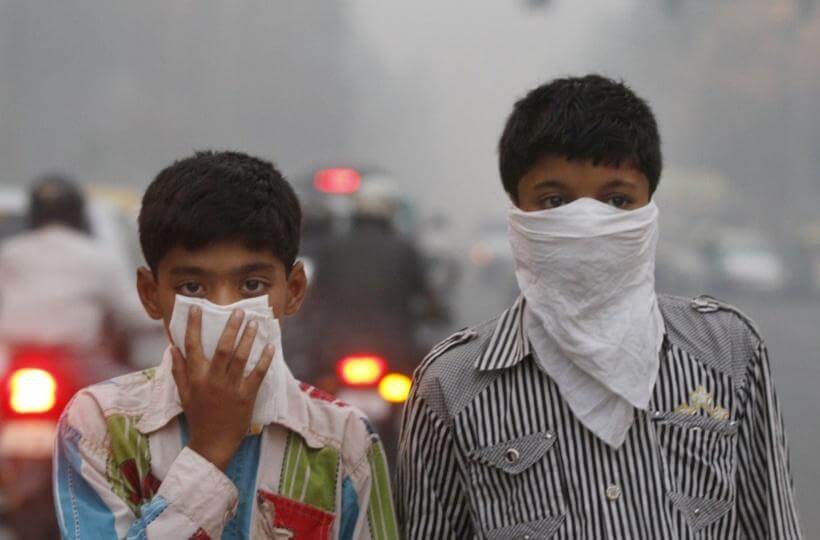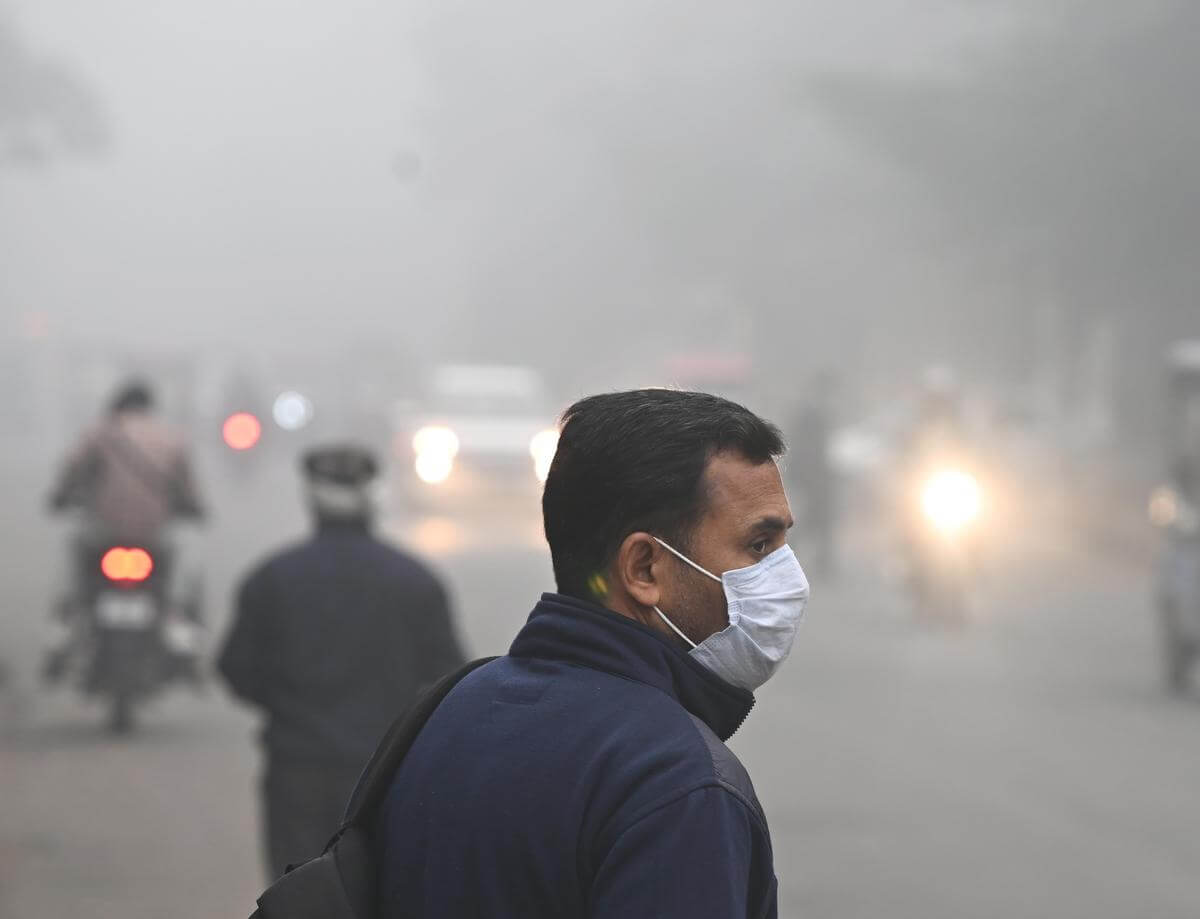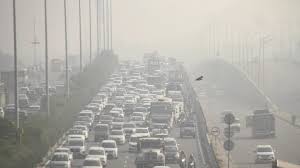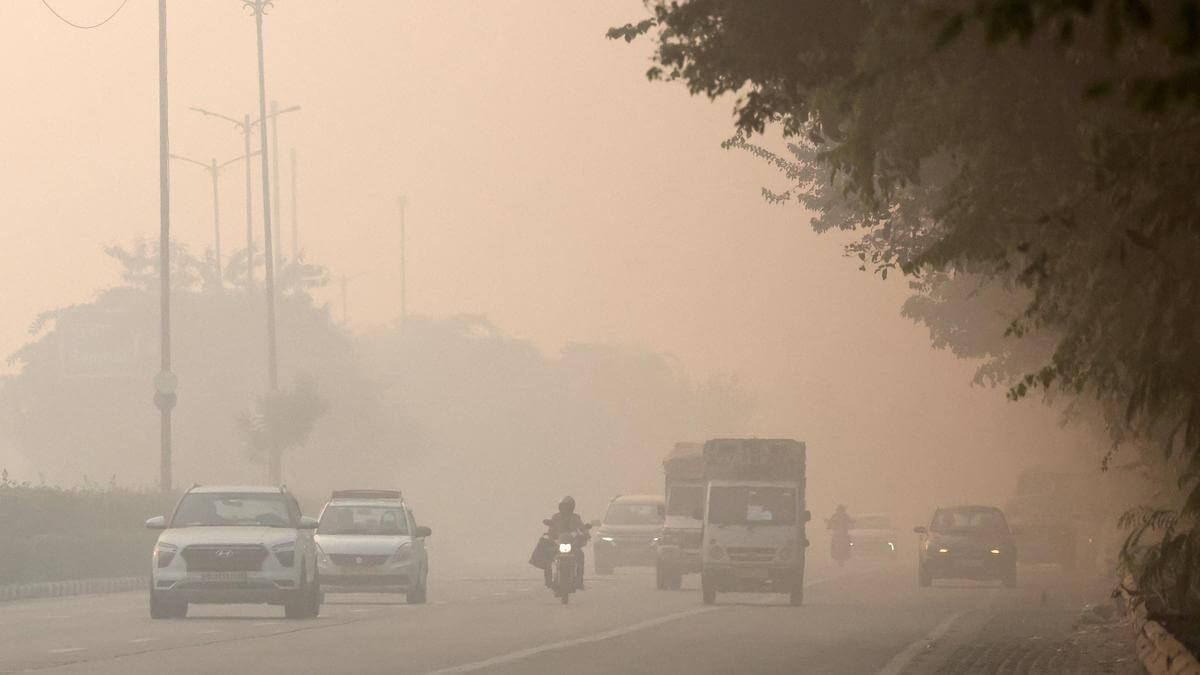Decoding the dangerous journey of polluted air in your body
Sat 18 Nov 2023, 02:28:51

Breathing is something we do without thinking much about it assuming the air around us is healthy. But what if the air we breathe isn't as safe as we assume? Understand how contaminated air enters our bodies. From our first breath to reaching important organs, polluted air is causing more trouble than we realize. Let's understand this silent process, see how it affects our health, and figure out what we can do to keep the air cleaner for everyone.
Kidneys are not primarily related to processing polluted contaminants in air but the inhalation of these contaminants affects all the organs which impacts the functioning of kidneys also.
Contaminated air contains several toxic elements like carbon monoxide, ozone, nitrogen dioxide, sulfur dioxide, and heavy metals. Through respiratory organs, these pollutants will enter the body affecting the other organs including the kidneys. Ways through which polluted air affects kidneys' health are as follows:
Deposition in the Respiratory Tract: Fine particles pass via bronchi and bronchioles and enter into the respiratory system which can damage and inflame respiratory tissues. This can trigger illnesses like bronchitis and exacerbate pre-existing respiratory conditions like asthma.
Blood Pressure: High blood pressure is one of the main factors for kidney diseases which is lined with air pollution. This can harm blood vessels in the kidney making it tough to function smoothly.
Cardiovascular Effects: Air pollution is known to have an impact on heart and kidney health both. One of the conditions known as Atherosclerosis, or the hardening of the arteries can affect the kidney's blood flow
Diabetes Risk: Some air pollutants have been linked to developing a higher chance of type 2 diabetes. Diabetes's tendency to progressively damage the kidney's small blood vessels over time
makes it a major reason for chronic kidney disease.
makes it a major reason for chronic kidney disease.
Oxidative Stress: This occurs when the body's levels of free radicals and antioxidants, which are triggered by pollution, become unbalanced. Kidney damage can be increased by oxidative stress.
It is very important to understand that an individual's general health and sensitivity, in addition to the type and concentration of pollutants, all can affect how specifically air contaminants affect kidney health.
Individual measures for respiratory and Kindey Well-being:
Limit Outdoor Exposure During High Pollution Periods: Stay informed about the air quality through weather apps and other new portals and try to avoid outdoor activities during heavy pollution, especially in rush hour or smoggy days.
Use Air Purifiers and Indoor Plants: Invest in high-quality air purifiers for your home to filter out pollutants and improve indoor air quality. Put air-purifying indoor plants like snake plants, spider plants, or peace lilies, which can help absorb certain pollutants.
Wear Protective Masks in High-Risk Environments: If you stay in an area where air pollution is always high, using a mask that filters particulate matter will be best for extra protection. Masks like N95 block dangerous airborne particles when you are travelling or working outside.
Stay Hydrated and Maintain a Healthy Diet: Drink plenty of water in a day which will help to remove all the toxins of the body with the help of kidneys and consume a balanced diet rich in vitamins and minerals good for the immune system.
Promote Sustainable Transportation and Energy Usage: Use public transport or prefer walking or cycling, to contribute to lower air pollution levels. Support and advocate for sustainable energy sources to decrease overall pollution levels, as cleaner air benefits everyone.
No Comments For This Post, Be first to write a Comment.
Most viewed from Health
AIMIM News
Latest Urdu News
Most Viewed
May 26, 2020
Can Lionel Messi's visit boost Indian football?
Latest Videos View All
Like Us
Home
About Us
Advertise With Us
All Polls
Epaper Archives
Privacy Policy
Contact Us
Download Etemaad App
© 2025 Etemaad Daily News, All Rights Reserved.

























.jpg)
.jpg)
.jpg)


